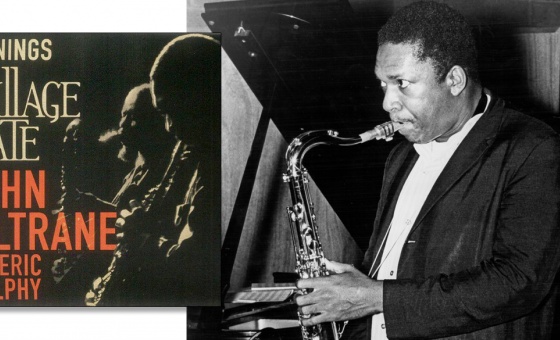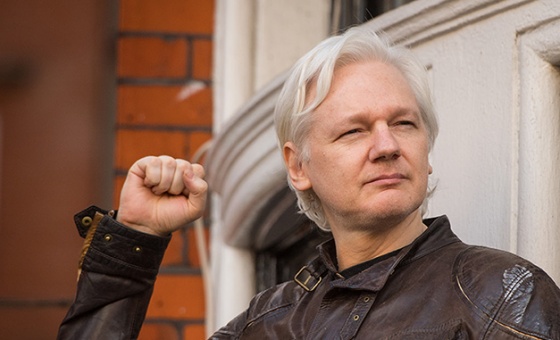This is the last article you can read this month
You can read more article this month
You can read more articles this month
Sorry your limit is up for this month
Reset on:
Please help support the Morning Star by subscribing here
IN 1917, the Bolsheviks made history by establishing the first workers’ state. The process by which this was accomplished became a blueprint for workers all over the world.
Lenin’s writings were elevated to the status of a revolutionary manual. In particular, Lenin on the role of trade unions and the need for a party of professional revolutionaries dominated the thinking of communist parties ever since.
But was this the right path for other countries where conditions are different and economic development more advanced than they were in tsarist Russia?
Lenin’s writings were specific to the conditions of Russia at the time: a semi-feudal society with little industry and infant trade unions.
This may explain why Lenin relegated the role of trade unions to what he called “the economic struggle” and described skilled workers as “labour aristocrats” by virtue of their relatively high wages. He argued that trade unions by their nature are not capable of political struggle and hence the need for a political party to do that.
Political parties, including those that aspire to lead the working class to revolution, are formed by individuals who, at a particular time, happen to share common aims and objectives and a common philosophy.
But aims and objectives change and philosophy evolves as society itself evolves and the economy and class relationships develop.
New members join, others leave; leaders retire, resign, die or, in some cases, are deposed, meaning parties change their political and ideological approach, their methods of operation and their policies. Just look at Lenin’s Bolshevik party or Mao’s Communist Party of China; they bear little resemblance to their descendants today.
In contrast, trade unions are formed by workers no matter what their political affiliations are; they are anchored at the “coal face,” at the juncture where worker meets capitalist. If you work in that trade, you are in, no questions asked. Trade unions are the true representatives of workers. They have the power, the industrial muscle to change things, yet they are denigrated as merely concerned with the day-to-day struggle for wages and conditions as if fighting for better pay and improved conditions, the apex of class struggle, is apolitical.
In reality of course, and certainly here in Britain, trade unions are the only genuine, democratic organisations of the working class. Parties may aspire to the status of representing the interest of workers; trade unions by definition do.
The separation of the political from the economic was taken to its ultimate conclusion by the formation of the Labour Party as the vehicle for political change in Britain, a fundamental mistake which continues to haunt the trade union movement and the left in general.
It must rank as the earliest form of subcontracting out. Too much effort and resources are devoted to make the Labour Party adopt socialist policies and when it fails to do so, when it fails to meet those expectations, it is denounced by the left and its leaders castigated in a merry-go-round of claims of betrayal from one side and counter-claims of lefty adventurism from the other.
When differences on policies descend into personal attacks, class perspective is lost and with it goes political clarity on the way forward.
Regardless of its origins, the Labour Party today is a party of government; its task is to form a government by winning a general election. The task of changing the social system falls on workers and their democratic institutions, the trade unions. To this end, trade unions have to be bold.
Trade unions are experts in their fields. Just listen to the debates at trade union conferences and at the TUC and read their resolutions.
They have policies on everything from training and education, healthcare, global warming, industrial strategy and economic revival as well as foreign affairs. They call for public ownership of utilities, state aid to industry and an end to privatisation of the health service.
Yet these policies are not there at the forefront when trade unions formulate their annual submissions to their employers. They are constrained by the dogma that a trade union’s job is limited to fighting for pay and conditions.
We should take a leaf out of the 1976 Lucas Aerospace Shop Stewards’ Alternative Plan for the future of their corporation. The plan was a response to management announcements that thousands of manufacturing jobs were to be cut.
Instead of redundancy, workers argued their right to socially useful production. The plan wasn’t a pay-and-conditions claim or a set of demands. It was a well-argued and well-researched, financially sound alternative to industrial decline.
The starting point is to ask: what would we do, what policies would we put in practice if we were the occupants of Downing Street. And it is these policies including how they are to be financed that must form part of the submissions on pay and conditions elevating these annual claims into submissions for the future direction of the country.
The overwhelming power and strength of workers will obviate the need for building “barricades,” or “storming of the palace” or carrying out “armed struggle” — strategies that historically been associated with revolutionary activities. For a highly advanced industrial country like Britain, all that is needed is for the trade union movement to throw away the self-imposed pay-and-conditions shackles that have prevented it from taking a direct role in asserting its will on the government of the day.
The true lesson of the Bolshevik Revolution, which seemed to have escaped everyone, is the role of the soviets, the body that led and executed the October revolution.
The soviets are councils of workers, peasants and conscripted soldiers. Here in Britain, we have no peasants and no conscripted soldiers fighting a war. What remains is a council of workers and that of course is the trade union. Today’s trade unions are the 21st century equivalent of early 20th-century soviets.











